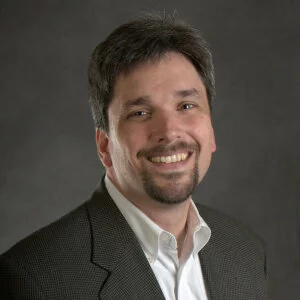As mentioned in a previous post, Carl Henry had a global vision for evangelical Christianity. This vision extended beyond the United States and Western Europe. He actively sought to promote theological development within the majority world.
Henry began traveling and teaching in the majority world while he was still a faculty member at Fuller Theological Seminary. He continued his travels when he was the Editor of Christianity Today. For example, in the summer of 1959, he traveled with a group of evangelical leaders to participate in the World Vision pastors’ conferences in Malaya, Burma, Thailand, and the Philippines. Just before this trip, Henry visited Japan and gave several lectures at Japan Christian College and Japan Bible Seminary. This was the first of many trips to provide theological training and encouragement to pastors in majority world countries.
His teaching ministry would eventually reach scores of countries around the world. Henry realized that the time would come when the future of Christinaity in the majority world would not rest with those from western countries, but would be in the hands of those from within the majority world. This influence would be two-fold. Henry knew that non-Christians in majority world countries would be more likely to respond favorably to their compatriots than to foreigners. At the same time, Henry was astutely aware of changing intellectual influences the United States and Europe that would challenge the evangelical churches in new ways which would limit their ability to support movements in the majority world.
Henry also understood that there were serious problems with bringing students from the majority world to study in United States and Europe. He saw the growing “brain drain” that this practice would create when the temptation to remain in the western world would deprive majority world churches of some of their most capable leaders.
Instead, Henry sought to encourage and develop opportunities for Christian leaders to train in their own countries. He would ultimately resign a faculty position at Eastern University in 1974 and become a lecturer at large with World Vision to pursue this vision. He repeatedly lectured at seminaries around the world to help train Christian leaders within their own contexts.
He used the opportunities to teach in diverse settings to accomplish several goals. He argued against the shortcomings of both modern humanist thought and Marxism. He frequently would test his drafts of material for his life’s greatest theological work: God, Revelation, and Authority on audiences from different cultures. He believed that his ideas would be better for facing challenges in different cultures. Finally, he used his background in media to help train national leaders in how to effectively use the tools that were available to them.
While Henry maintained an active interest in developing a thoughtful and socially active evangelical church in the United States, he did not lose sight of the importance of the global church. Instead, he actively worked to encourage the church in the majority world by helping train leaders to think theologically within their own contexts.






Comments
Be the first one to make a comment!